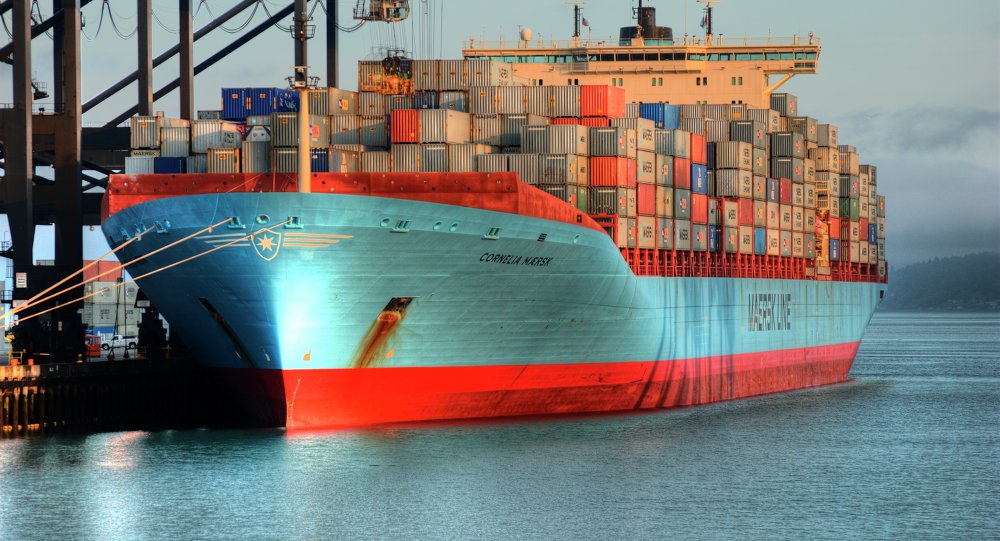The Trans-Pacific Partnership (TPP) was signed by ministers from its 12 member nations in New Zealand on Thursday. It will become operative after lawmakers from each of these countries approve it.
US President Barack Obama said in a statement that the TPP “would give the United States an advantage over other leading economies, namely China.” He also noted that the “TPP allows America — and not countries like China — to write the rules of the road in the 21st Century, which is especially important in a region as dynamic as the Asia-Pacific,” as reported in the newspaper Global Times.
As the publication noted it is not the first time Obama has spoken like this about China and it shows his narrow-mindedness as a leader of a world power.
“The 12 TPP members account for some 40 percent of the world’s economy, but they only account for 25 percent of global trade volume.” The US seems to have an upper hand in rule-making but the TTP brings to focus only what US wishes for the Asia-Pacific economic landscape in the 21st century, the publication pointed out.
Obama has restated that it is the US, rather than China that should define the rules in the 21st century, such a statement makes an impression that the TPP is aimed at eliminating China from the bigger picture.
“It seems that Washington is so transparent that it does not mind instigating a strategic trade rivalry between China and the US that goes beyond normal competition.”
The TPP member nations have their own interests. The TPP cannot stop them from trading with China and these countries will not choose sides between Beijing and Washington. Meanwhile, it is perhaps a trend that US influence is diminishing. It is not able to bind more countries under the TPP rules.
As the publication noted if China’s economy keeps growing, “the newly emerged economic volume and trade opportunities will be so prominent that the TPP in some way has to adapt.”
“China will be better off with its own economic performance than racking its wits to compete with the TPP.”
